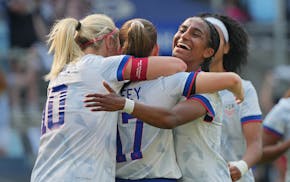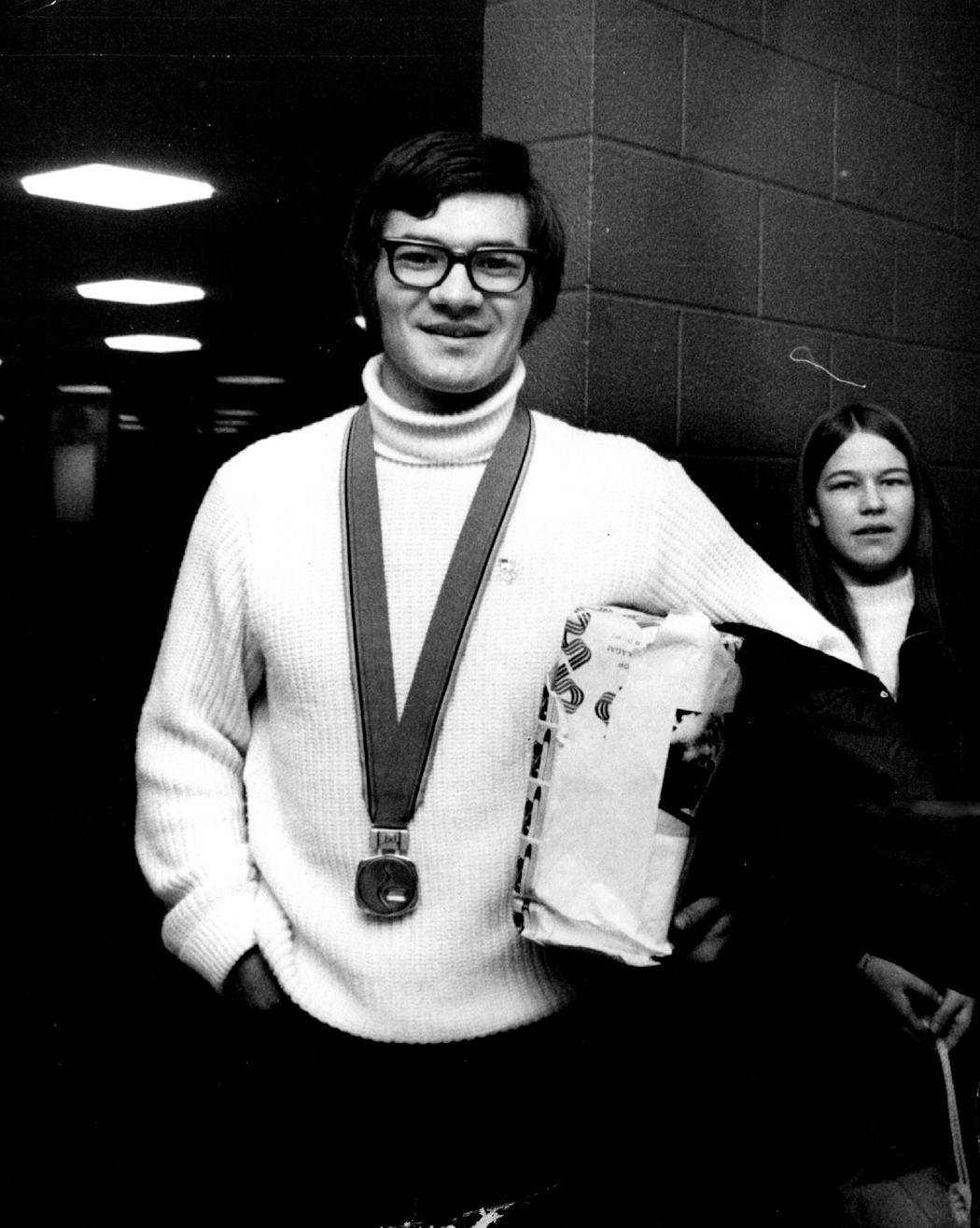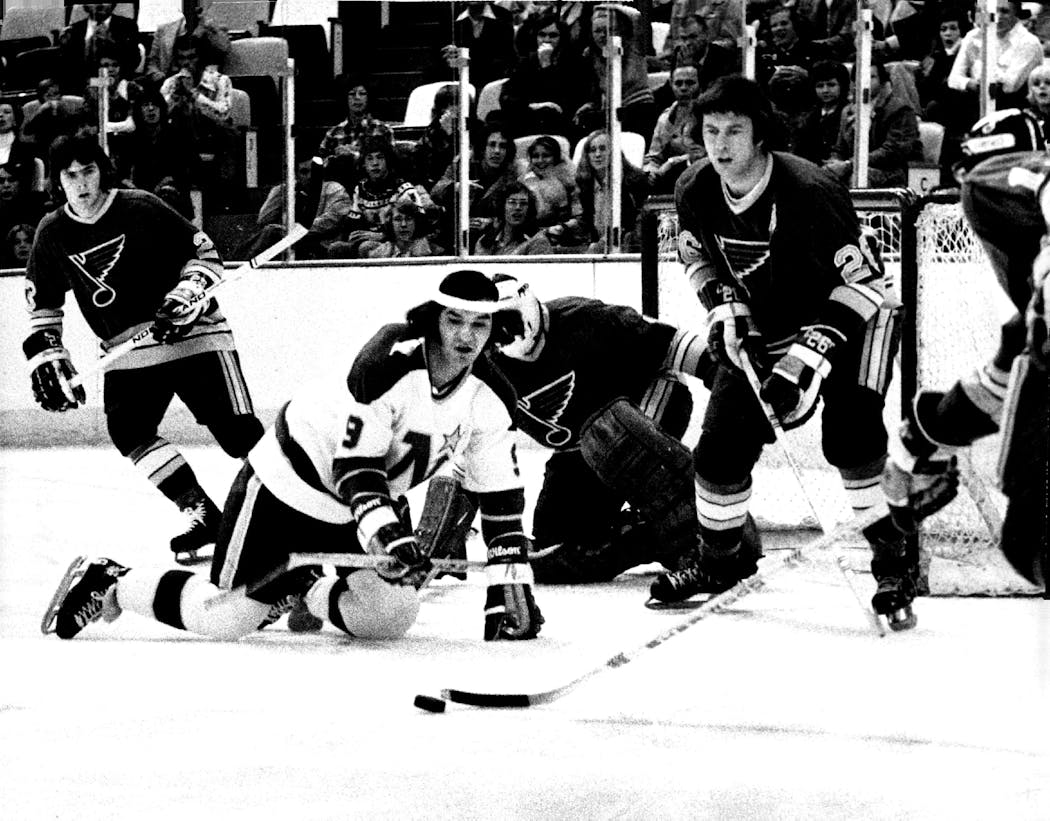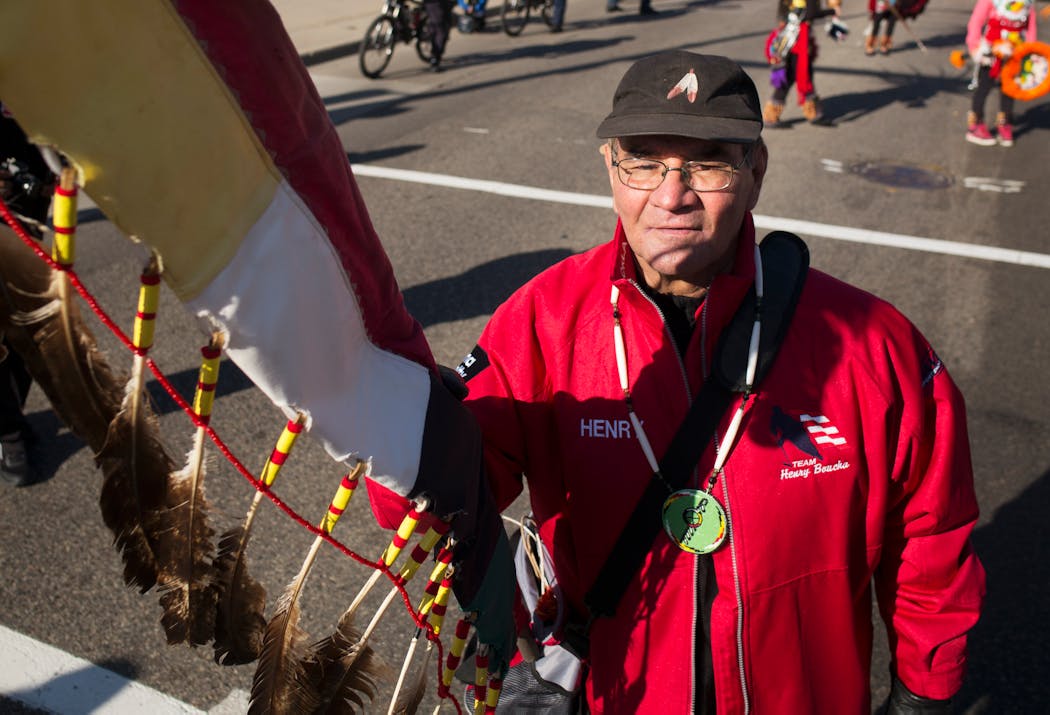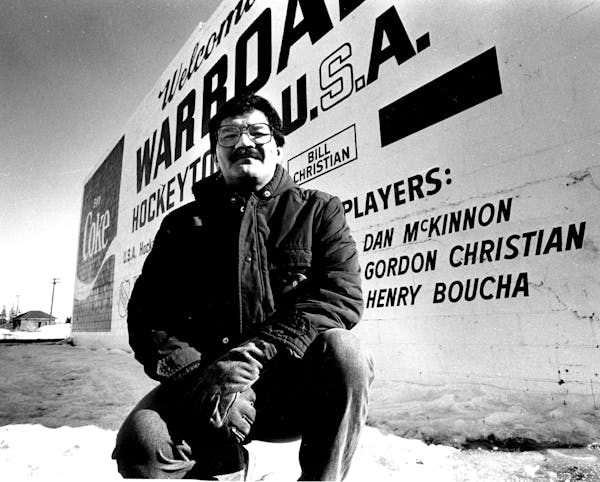Henry Boucha, who became a high school hockey legend when he led Warroad to the championship game of the 1969 Minnesota state tournament, has died at age 72.
His daughter, Tara, confirmed his death on Monday. He died in the Twin Cities, where he was being treated for heart issues at the Minneapolis VA Medical Center.
Boucha, an Ojibwe who championed causes on behalf of Native Americans, also played in the NHL, World Hockey Association and on the U.S. Olympic team, winning a silver medal in 1972.
"He was truly a legend in the state of Minnesota," Warroad boys hockey coach Jay Hardwick said. "When people talk of Warroad hockey and the state tournament, Henry will always be a part of that."
In order to stay on the ice for the entire game, Boucha (pronounced boo-shay) played defense in high school, scoring 60 goals as a senior. Warroad faced Edina in the state title game, losing 5-4 in overtime after Boucha suffered a punctured eardrum while being checked into the boards, forcing him to leave the game in the second period.
With 15,066 in attendance at Met Center, it was the largest crowd at the time to watch a high school hockey game in Minnesota.
"It's been 35 years now, and I can be at a Wild game or in the Mall of America, and people will walk up to me and say, 'Geez, I was at that game,'" Boucha told the Star Tribune in 2004. "Thirty-five years later, they still talk about it. I've had people tell me that was their first tournament, and when they went back the next year and walked into the building, it wasn't the same electricity. I don't know if that kind of electricity will ever be there again. It was quite a tournament."
The Warriors qualified for state through the "back door" — after losing to Roseau in the section final, they beat Eveleth in overtime for a state berth. They then beat Roseau 3-2 in a rematch in the state semifinals.
Also all-conference in hockey and baseball, Boucha briefly played junior hockey in Canada the following year before a stint in the U.S. Army, during which he played for the U.S. National Team.
He was taken in the second round of the 1971 NHL draft by Detroit, made his debut for the Red Wings after the Olympics and had a strong 1972-73 season with 14 goals and 14 assists.
As a pro player, he wore a trademark headband that made him easily recognizable on the ice. But his career took a dramatic turn after he was traded to the North Stars: During a game on Jan. 4, 1975 at Met Center, he suffered a serious eye injury that plagued him for the rest of his career.
Boston's Dave Forbes and Boucha were leaving their penalty boxes after serving fighting penalties, and Forbes hammered Boucha's face with the butt end of his stick. Forbes was suspended 10 games by the NHL and later charged with aggravated assault, although his trial ended with a hung jury. Boucha won a $1 million civil suit settlement against Forbes and the Bruins in 1980 that gave Boucha monthly payments until 2010.
"I still have trouble backing up a car or driving at night," Boucha said in 2004. "It's something I'll deal with until the day I die."
Boucha played with the Minnesota Fighting Saints in the WHA the following season, then finished his career with Colorado back in the NHL in 1977. By his own admission, he struggled through the next few years, battling alcoholism, before he went through recovery.
"It was like walking out a door and the door closes and 'Now, what am I going to do?' I just wasn't prepared to walk out that door," he told the Star Tribune in 1987. "There were some trying years. I lost my livelihood, that's all. I guess not until you get older can you put things in perspective."
Warroad has produced a long line of notable hockey players, with families such as the Marvins and Christians helping to carry the torch. Boucha's first cousin once removed, T.J. Oshie, and another former Warroad star, Brock Nelson, are currently in the NHL.
"My favorite story was back home in the summer during college," said Larry Olimb, a Mr. Hockey winner at Warroad in 1988 and All-America defenseman for the Gophers. "Had a teammate up visiting and we went golfing. Henry was there and let us join him. He paid for our round, and when we tried to pay … he said, 'You'll pay it forward to some young guys when you're older.' I've never forgotten that."
While living in Warroad, Boucha was Indian Education Director at Warroad Public Schools, coached youth hockey and worked in real estate. He also staunchly defended Warroad's Warrior nickname.
"Warroad has got an amazing history of the Ojibwe coming into the area through migration, like many other tribes," Boucha told the Star Tribune in June. "The blood of our ancestors is there. … We are proud of our name and logo."
The funeral for Boucha will be Sept. 29 at Gardens Arena in Warroad, Minn. That's the arena where Warroad high school hockey teams play, where Boucha's No. 16 hangs, where banners commemorate Warroad hockey state championships.
Visitation will begin at 1 p.m. at the arena, and the funeral will begin at 2 p.m. Interment will be at Riverside Cemetery in Warroad.
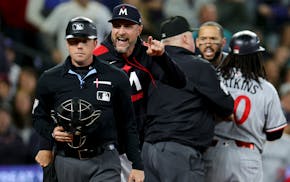
Twins' Correa ejected from on-deck circle, and he's not really sure why
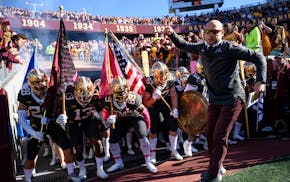
Two offensive tackles, linebacker are first to commit to Gophers in 'Summer Splash' weekend
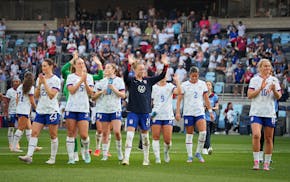
Neal: Girma returns to United States national team and rewards fans with her classiness
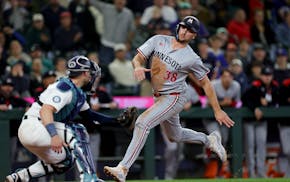
Twins' inability to score in extra innings costly in wild loss at Seattle
